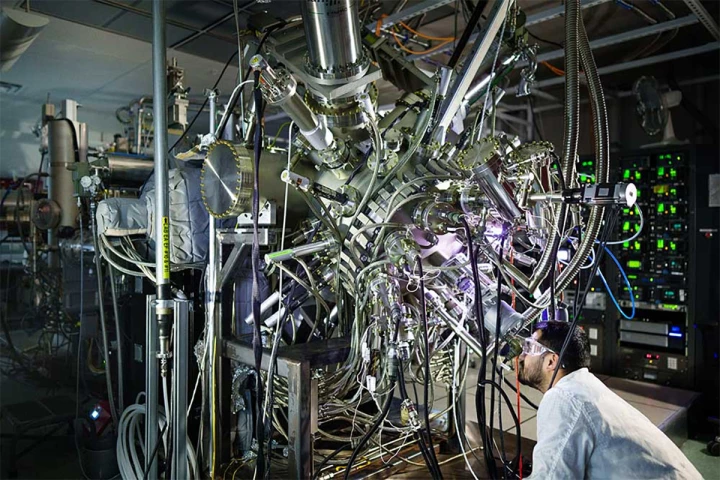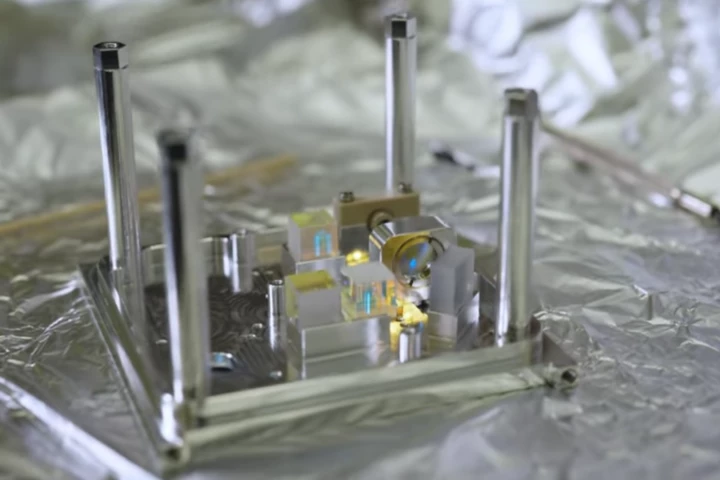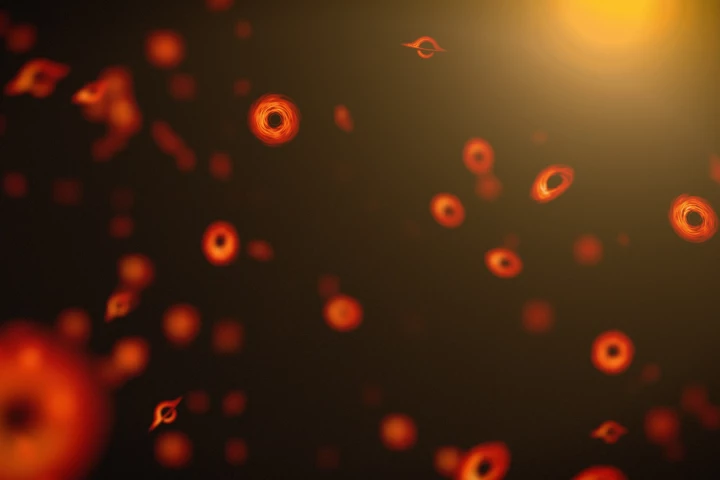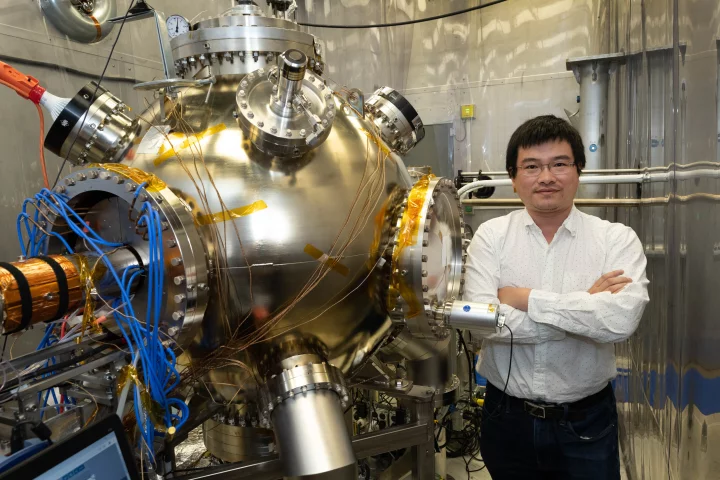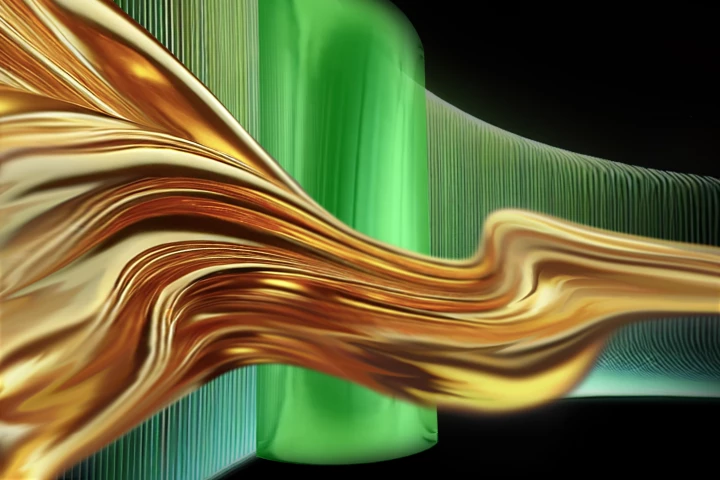Physics
Theoretical physicist Werner Heisenberg said, "not only is the Universe stranger than we think, it is stranger than we can think." That doesn't mean some very smart people will stop seeking answers as to how the Universe behaves. Here is where we try to make sense of their discoveries.
Top News
-
Researchers in the Netherlands have created mechanical structures that strangely shrink – or more precisely, snap inward – instead of stretching outward when pulled. This 'countersnapping' behavior could find use in tomorrow's soft robots.
-
The first direct visualization of the shape of a photon has been created. These particles of light are impossible to photograph, but UK physicists have now calculated their wave function to produce an accurate image of a photon as it’s emitted.
-
A new experiment has demonstrated something that sounds physically impossible – light itself casting a shadow. If you manipulate a laser just right, then hit it side-on with another light source, it’s possible to create this bizarre optical effect.
Load More
Latest News
-
June 13, 2025 | Abhimanyu GhoshalResearchers at Massachusetts Institute of Technology have demonstrated an entirely new form of magnetism in a synthesized crystalline material. They're calling it p-wave magnetism, and it could be the key to next-gen computer memory.
-
June 04, 2025 | Bronwyn ThompsonA platinum fiddle that's just 35 microns in length and 13 microns in width is believed to be the world's smallest violin, measuring just a fraction of a microscopic tardigrade. But before you get too excited, there's one little twist …
-
May 12, 2025 | Abhimanyu GhoshalIn studying the conditions that emerged just after the Big Bang using the Large Hadron Collider, scientists turned lead into gold – for just fractions of a second. Not a whole lot of gold, but gold nonetheless.
-
April 13, 2025 | Abhimanyu GhoshalUnder specific conditions, lasers can cool things down – and that might just be what we need to tackle way-too-toasty data centers. A new technology called laser-based photonic cooling can target tiny hotspots on chips to zap heat away.
-
February 12, 2025 | Michael IrvingDark matter is thought to outnumber regular matter by a factor of five to one – so why can’t we find the stuff? A new study proposes looking for it from space, using a satellite containing a levitating piece of graphite and a laser.
-
December 11, 2024 | Michael IrvingScientists have accidentally discovered a particle that has mass when traveling in one direction, but no mass while moving in a different direction. Known as semi-Dirac fermions, particles with this bizarre behavior were first predicted 16 years ago.
-
December 05, 2024 | Michael IrvingTo find black holes we usually have to look thousands of light-years away. But a new study suggests we could find evidence of them right here on Earth, as tiny tunnels they’ve carved out in rocks or old buildings.
-
November 29, 2024 | Michael IrvingAstrophysicists have detected the most energetic electrons ever recorded raining down on Earth. With trillions of times the energy of visible light, these cosmic rays seem to be coming from a powerful source relatively close to our solar system.
-
November 07, 2024 | Michael IrvingUnder the right circumstances, electrons can actually “freeze” into a bizarre solid form. Now, physicists at Berkeley Lab have created and taken the first ever direct images of this structure.
-
October 11, 2024 | Michael FrancoOn New York's Long Island, scientists are building an ambitious machine to tease apart the mysteries held inside atomic nuclei. A major component of that system is the world's highest voltage electron gun and it's just aced a six-month test.
-
September 26, 2024 | Bronwyn ThompsonIncredibly, for the first time, scientists have unraveled how static electricity works, something first recorded in 600 BCE but not fully understood until now. While cats are not the only culprits, their fur is a prime vessel for charging your hands.
-
September 25, 2024 | Michael IrvingScientists have developed the world’s strongest resistive magnet, which produced a steady magnetic field of 42 Tesla (T). The system could improve devices that use magnets, as well as enable a range of new experiments that probe electromagnetism.
-
September 11, 2024 | Michael IrvingMIT scientists have coaxed atoms into an exotic “edge state” for the first time, allowing them to flow completely friction-free. The breakthrough could lead to better superconductor materials.
-
September 05, 2024 | Michael IrvingAtomic clocks are our most accurate timekeepers, losing only seconds across billions of years. But nuclear clocks could steal their thunder, speeding up GPS and the internet. Now, scientists have built and tested the first prototype nuclear clock.
-
August 22, 2024 | Michael IrvingPhysicists have created the heaviest clumps of antimatter particles ever seen. Known as antihyperhydrogen-4, this strange stuff could help us solve some of the most puzzling physics mysteries.
Load More






